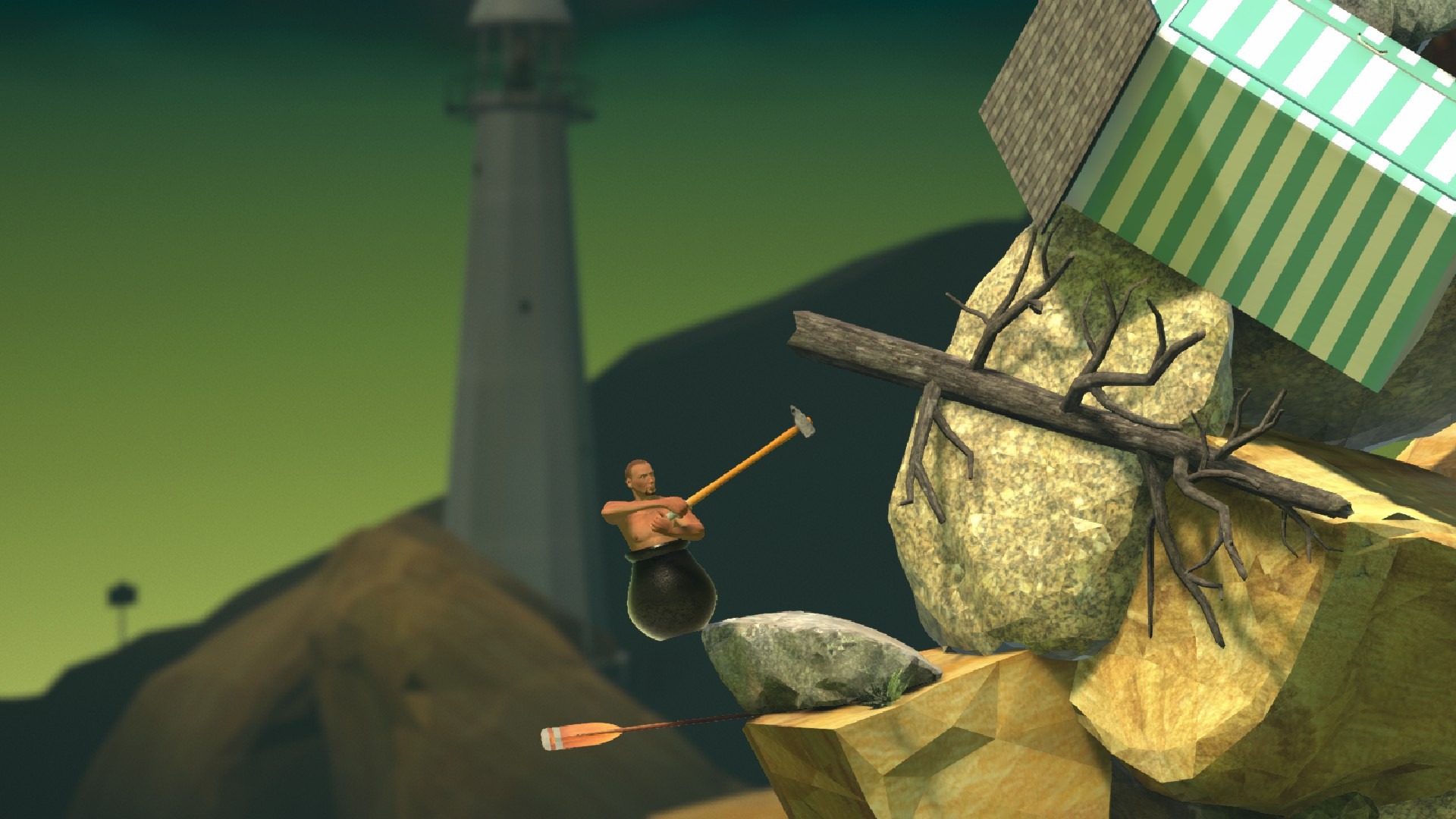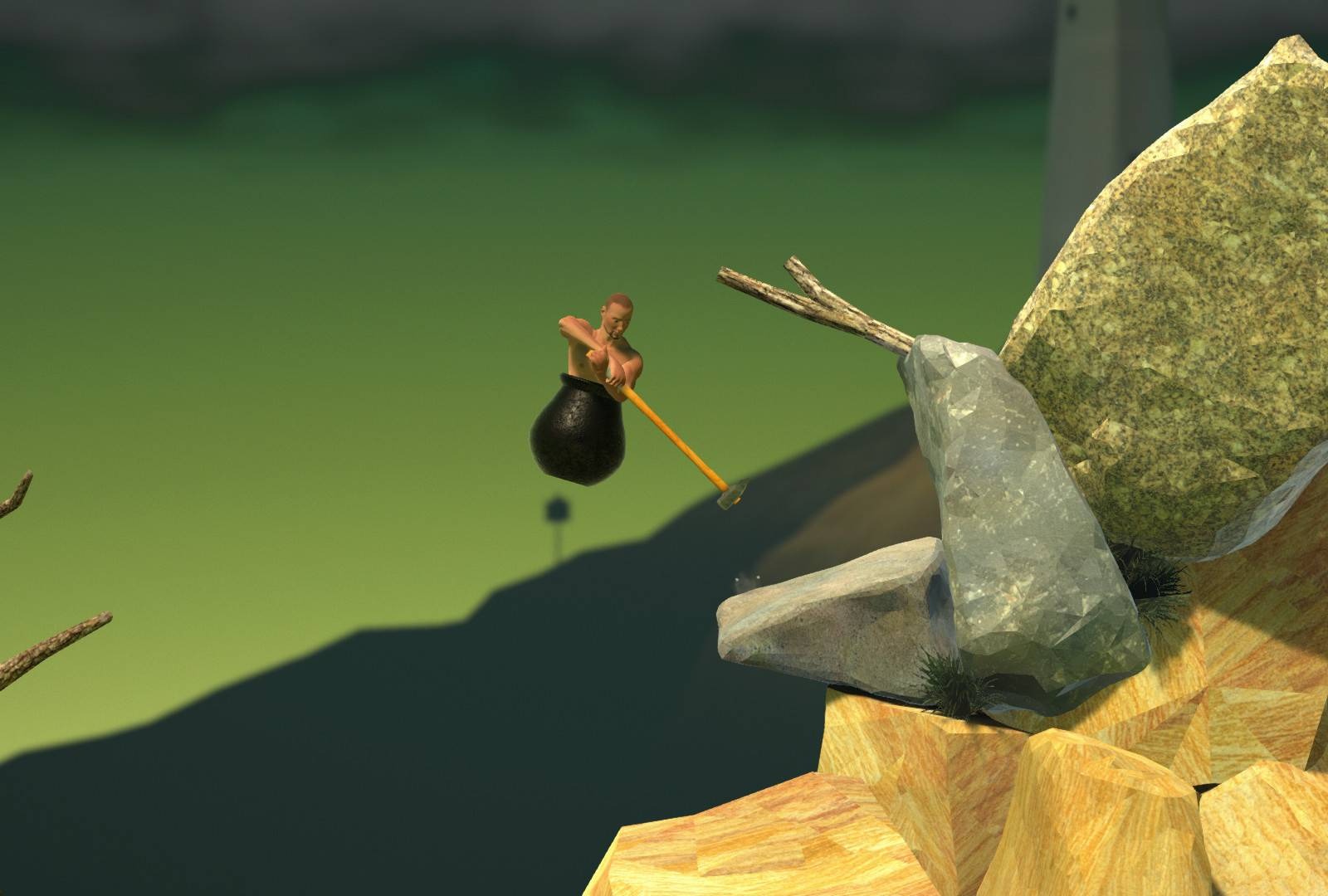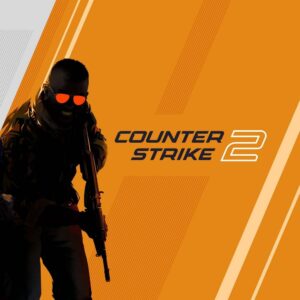From Berlin to the Bazaar: The Absurdly Broad Definition of “Roguelike”
Popular Now
 BeamNG.drive
BeamNG.drive
 Counter-Strike 2
Counter-Strike 2
 Valorant
Valorant
 The Legend of Zelda
The Legend of Zelda
 Sonic the Hedgehog™ Classic
Sonic the Hedgehog™ Classic
 FIFA 23
FIFA 23
 R.E.P.O
R.E.P.O
 CarX Street
CarX Street
 Fortnite
Fortnite
 Warframe
Warframe

The term “roguelike” is one of the most hotly debated and ill-defined in all of gaming. Originally, it was a precise term for a genre of games that, like their 1980s progenitor, Rogue, shared a very specific set of characteristics: procedural generation, turn-based combat, grid-based movement, and permanent death. This strict definition, known as the “Berlin Interpretation,” served as a helpful guide for decades. But in the modern gaming landscape, the term has been pushed, pulled, and stretched to its absolute breaking point. Today, a game can be called a “roguelike” for little more than having a single mechanic from the original, a trend that has given us some truly absurd and wildly creative takes on the genre. Let’s push the definition as far as it can go and see what games we can classify as a roguelike.
 The “Run-Based” Roguelike
The “Run-Based” Roguelike
The most lenient interpretation of a roguelike focuses on the concept of a “run.” This means that the game is structured around discrete playthroughs, where a single failure leads to a complete restart. While many games have a simple “Game Over” screen, a roguelike differentiates itself by making each run a unique, self-contained journey. This is the definition that allows games like Spelunky to be called roguelikes. While it lacks the grid-based movement and turn-based combat, every run is a new, procedurally generated adventure where death is permanent, and you must start over from the beginning. By this logic, a game like Celeste, with its permanent death on a single level, could be considered a roguelike, as each death is a restart of the level, which is a microcosm of a “run.”
The “Procedural Death Labyrinth”
A more playful, but equally expansive, definition is the “Procedural Death Labyrinth” (or PDL). This term, which was coined to avoid the Berlin Interpretation, focuses on two key elements: procedural generation and permanent death. By this definition, a game like Dwarf Fortress could be considered a roguelike. While it’s a colony management simulator, the world is procedurally generated from the ground up, and the permadeath of a dwarf or the collapse of an entire fortress brings an end to that specific, unique story. The game is not about a linear progression but about a series of failed stories, which is at the heart of the roguelike genre. Similarly, the Civilization series, when played on a harder difficulty where a single mistake can lead to a game-ending loss, could be seen as a roguelike. The world is procedurally generated, and a loss means a complete restart, with all of your progress erased.
 The “System-Based” Roguelike
The “System-Based” Roguelike
A final, and most expansive, definition for a roguelike focuses on a “system-based” approach. This means that the game is not about memorizing a pattern or a level layout, but about understanding a set of underlying systems that create a unique and unpredictable experience. By this definition, a game like Minecraft could be a roguelike. The world is procedurally generated, and if you play in Hardcore mode, death is permanent. The game is not about a linear progression but about your ability to use the game’s systems—crafting, resource management, and combat—to survive a series of unpredictable and difficult encounters. A more absurd example could be a game of Chess. While not procedurally generated, the number of possible outcomes is so vast that it is effectively a different game every time you play. A single loss leads to a restart, and the game is about a deep understanding of its core systems. By this logic, almost any game with a deep, systemic design and a form of permanent failure could be called a roguelike, a testament to how far the definition has been pushed from its humble, grid-based origins.









